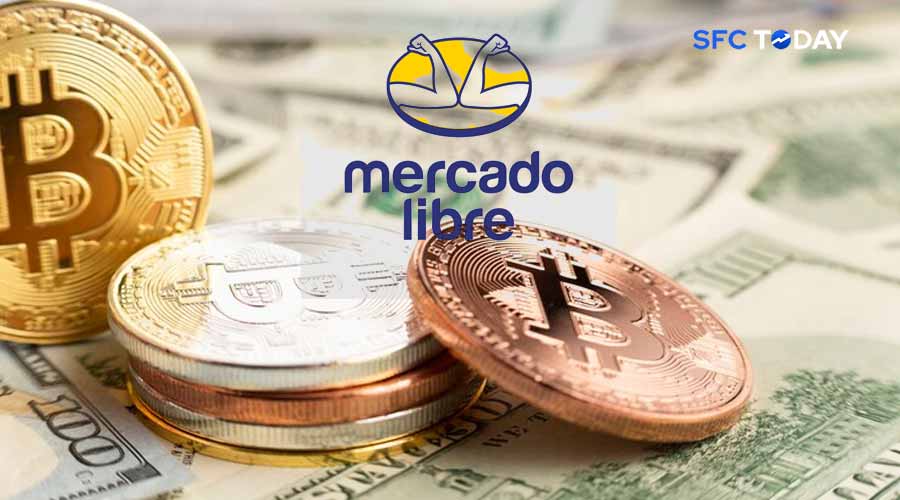Argentina-based e-commerce and financial services giant Mercado Libre has revealed its plans to expand the use of its dollar-pegged stablecoin, Meli Dólar, into other countries in Latin America.
This move supports the company’s direction to deepen the integration of financial technology solutions into the extensive platform it has established.Initially, the stablecoin was launched in cooperation with Ripio, an Argentina-based cryptocurrency exchange company, and has already been tested in Mexico.
The expansion was announced by Juan Vita, the Senior Director of Product at Mercado Pago, during the Modular 2024 event in Sao Paulo. He stressed that Mexico has been chosen as the second region for deployment in Latin America after Brazil. The choice of Mexico is rather influential given that this country is among the most active in Cryptocurrency usage in Latin America, behind Brazil and Venezuela, as recent research conducted by Chainalysis reveals.
Stablecoin Features and Financial Inclusion
The Meli Dólar project was first launched in Brazil in August to offer a stable solution for Latin American users to preserve their earnings’ value and, thus, avoid the need for dollar accounts in banks. The Meli Dólar at Mercado Libre has no fees for any purchase, sale, or transaction that is offered through external financial solutions. Moreover, it is linked with U. S. debt, which, in turn, can be beneficial for passing through earnings from these bonds to its holders, similar to a dollar deposit that earns interest.
The adoption of its products by the company currently in Mexico proves the need to use digital currency solutions that protect against the fluctuations and inflation of local currencies. This stablecoin is part of a larger financial ecosystem owned by Mercado Libre, and aims to improve the financial literacy of the region by providing easier access to dollar-linked instruments.
Regulatory Considerations and Expansion Horizons
Mercado Libre is also examining opportunities for further launches in other countries, such as Argentina where the legal environment may soon allow for the issuance of Meli Dólar. While Vita did not share information on the additional specifics or timeframe of an Argentine launch, it would remain a crucial development toward establishing Mercado Libre’s fintech presence across the region.
The legal framework in Latin America still plays a significant role in the expansion of digital financial solutions such as Meli Dólar. The approach that each country takes toward regulation of cryptocurrencies and stablecoins will play a large role in determining how quickly and at what scale Mercado Libre is able to expand. It is almost certain that the company will remain committed to engaging with regional regulators and financial organisations as it adapts to the diverse financial systems of Latin America.


